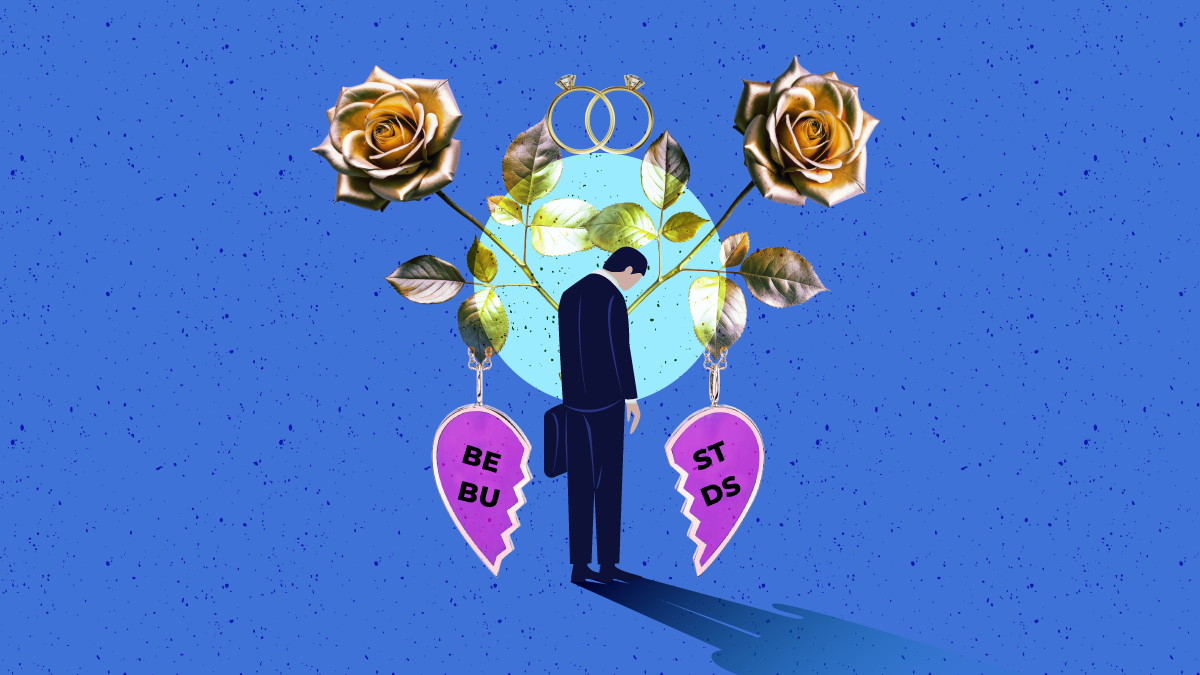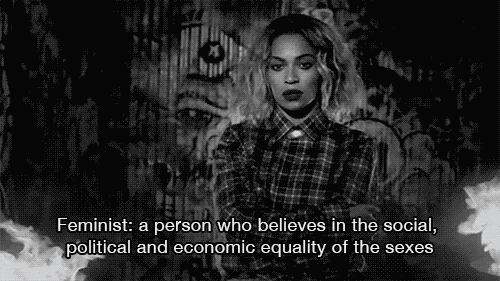As a second Trump administration approaches, we’re running out of time to confirm as many federal judges as possible to provide a check on his presidential power and curb his stated policy priorities.
Barbie Made Me Want to Call My Mom

“I just thought it was kind of basic.”
That comment from my brother, as we exited the Barbie movie, filled me with sisterly (and justified) disappointment.
“That’s ok, it wasn’t for you” is what women around the world have been saying to their boyfriends, brothers, and dads after bawling their eyes out to the ending credits of Barbie (while men sat “stoically” by).
Because unlike almost every other movie on the planet, Barbie wasn’t made for and by men.
Instead, Barbie is a love letter to women. It’s a love letter to daughters who might not see the sacrifices their mothers made to let them shine. And it’s a love letter to the mothers who gave up their childhood, and all its joy, to raise their ever-unpredictable daughters—a childhood they deserve back.
Growing up, I knew was a handful. Who could forget the tantrum of 2004 when I screamed so loud (after being denied the tenth type of candy I’d ingested that day) that our neighbors up the hill had to ask if everything was okay. In spite of my diabolical love for sweets and record-breaking vocals, my mom dealt with me.
Even as I grew older and struggled to envision my post-high school life, she helped me define it. Demanding I utilize ACT test prep courses and encouraging me to apply for schools out of state, she helped me plan my future even when I didn’t want to.
And like so many moms, my mom had to put her dreams on hold to raise me and my brother, making sure ours came true.
Since I was little, my mom would tell me about how she always wanted to be a park ranger. And while her love for nature and the outdoors has never waned, Indian society’s expectations for what a woman should be, and should do, triumphed in the end. My mom was forced to give up what was new and exciting in exchange for what was acceptable and stable: economics. Like so many women, this was the beginning of my mother’s sacrifices for a family she had yet to meet.
My mom acquiesced to the demands of Indian society in the 1980s. She studied numbers and theory in her undergraduate years. She earned her PhD despite hating research. And she moved from Kolkata to West Virginia to ensure her kids would never be forced to make the same decisions she did.
Giving up her dream to be a park ranger always confused me. I could never understand why my mom couldn’t follow her passion when she always encouraged mine. It’s the same way it annoyed me when she wouldn’t buy herself the nice outfit from J.Jill. Meanwhile, I was having the time of my life getting the newest Abercrombie graphic tee.
If I’m being completely honest, it wasn’t until I heard Rhea Pearlman, playing Ruth Handler in Barbie, deliver the line, “We mothers stand still so that our daughters can look back and see how far they’ve come,” that I got it.
For daughters, we’re the center of attention until we’re not. We’re the most beautiful girl in the room until we’re not. And we’re safe— until we’re really not. Our mothers desperately try to protect us from the realities of the world— a world where women are the side characters, where wrinkles are the beginning of the end, and where we can’t differentiate if a man is following us or just on the same walk back home. Mothers deliver all these warnings—without realizing they’ve lost the remaining shred of their childhood in the process.
And so the cycle goes, women losing their value in society when they become a mother, giving up their own dreams and needs, and desperately trying to save their daughters from the same inevitable fate.
What Barbie so expertly accomplishes in its portrayal of the mother-daughter relationship is the message that it’s not perfect and it’s not equal. Sasha (Ariana Greenblatt) is horrible to her mother despite Gloria’s (America Ferrera) consistent love and adoration for her moody teenage daughter. All while her daughter swats away her shows of affection and demonstrates obvious embarrassment at her mother’s joy, Gloria takes on the burden to save the day even though no one is there to save her.
Gloria and Sasha’s relationship is certainly not unlike my own with my mother, especially when I was a bratty toddler, and teenager, and well, sometimes, grown adult.
Maybe most men didn’t like Barbie because most men rarely have to deal with a movie not directly speaking to a life experience they’ve had—like the complex mother-daughter relationship Barbie explored.
So, yes. Like every movie, Barbie isn’t for everyone.
That’s okay—it was for me.





